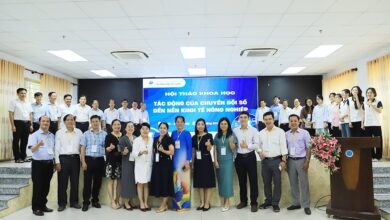Thammasat presents AI Technology to assist in psychiatric disorders diagnosis

AI screens patients with psychiatric disorders through their speech by Assoc. Prof. Dr. Jaturong Tantibundit, Lecturer at the Department of Electrical and Computer Engineering and Head of the Cluster Center of Academic Excellence in Intelligent Information Technology, Speech and Language Technology and Innovation in Service (CILS), Faculty of Engineering, Thammasat University jointly developed with Asst. Prof. Dr. Juthamanee Onsuwan, Lecturer at the Department of English and Linguistics, Faculty of Arts, Thammasat University and Lecturer Dr. Kankamon Jaisin, M.D., Dr. Kirati Pattanaseree, M.D., and Dr. Juthawadee Lortrakul, Doctors of the Department of Psychiatry, Faculty of Medicine Siriraj Hospital, Mahidol University.
Assoc. Prof. Dr. Jaturong Tantibundit said that depression is a psychiatric condition in which patients feel sad, worthless, and hopeless. It is a serious psychiatric condition that affects the patient’s life. If depression continues over a long period of time, symptoms tend to escalate into serious health issues and possibly lead to death, or even suicide. But most of the problem facing today is actually the limited number of psychiatrists or psychologists including the problem of stigmatizing attitudes towards patients with depression, causing the patient to develop an unwillingness to consult the doctor. The researchers, therefore, came up with an idea to develop an artificial intelligence model for screening patients with depression and psychiatric disorders by having AI analyze the features of speech, facial expressions, and the 32 items of the PHQ-9 Thai psychiatric test kit together. For the data used in the AI training, cooperation from Siriraj Hospital and 150 volunteers were used to create a form to measure abnormalities of the patient making it possible to indicate whether the patients are suffering from depression and if it is, then to what level as well as being able to check for other psychiatric disorders as well.




